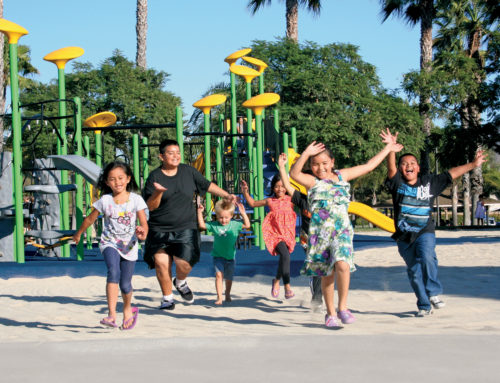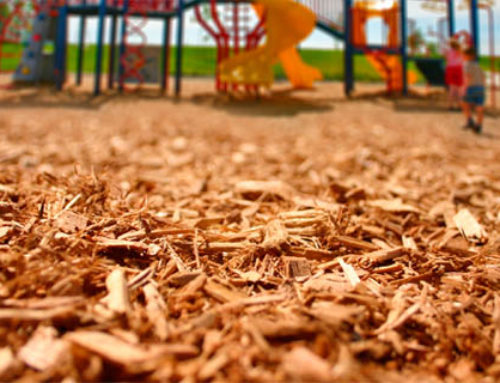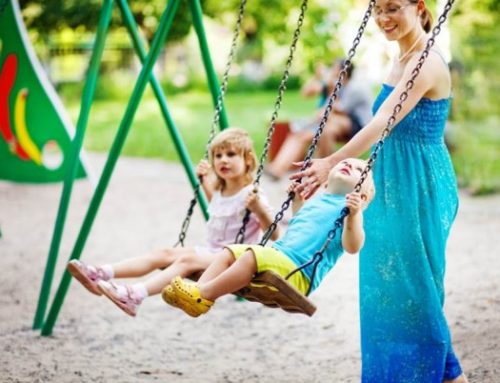In an age of professional qualifications, subliminally assigning agency to professional teachers, coaches, and school administrators is an easy step for busy parents to take. Many people perceive barriers between professional educators and family systems. Teachers increasingly bear more administrative responsibilities outside the classroom. Parents are busy with the demands of succeeding in a competitive culture. Intersecting the family with the school often occurs at games, concerts, and recitals. Whereas this participation is very important to children, educators increasingly understand the need for parents to become more involved with their children in school and the community. Parents also, are seeing the need to increase their presence in their children’s academic and extra-curricular lives.
Children overwhelmingly want their parents participating in their schools. A survey of third-graders demonstrated their support of parental involvement: activities included attendance at performances, athletic events, field trips, in-class resources, and fund raising (Hara, 2013). Additionally, teachers and administrators understand the correlation between parental involvement and student achievement. A 1995 study, as reported by Hara and Burke, found “if students witnessed their parents taking an active role and interest in school-related activities, improved academic achievement was more likely” (Hara, 2013, p. 13).
Parental involvement enhances academic performance and the school-family culture. The aforementioned study concluded that reading and vocabulary skills increased significantly with intentional, organized parental involvement (Hara, 2013). Cultural improvements between parents and educators increased as well. The study measured improvements in parents’ participation in school activities, student attendance, self-esteem, and decreased disciplinary incidents (Hara, 2013).
Parental involvement and its positive effects on children continue to be documented. Time constraints on families and educators alike pose the greatest barrier to mutual involvement. Our children, however, are the beneficiaries of renewed priorities of parental involvement in school and the community. Children want and need our participation. Are you ready?
Reference
Hara, S. B. (2013, Fall/Winter 1998). Parent Involvement: The Key to Improved Student Achievement. The School Community Journal, 8, No.2. Retrieved from Academic Development Institute: http://www.adi.org/journal/fw98/HaraBurkeFall1998.pdf





